The 2022 Middle East and Africa Energy Week, hosted by Siemens Energy and partners, found the region is set to become a global supplier of green hydrogen.


Bold action needed to drive global energy transition
Tackling the energy trilemma while scaling up renewables, through innovation and strategic partnerships
The experts all agree: When it comes to the energy transition, it's time to get real. Radical action on climate change and a shift in mindsets are needed if we are to solve the energy trilemma – finding a balance between affordability, reliability and sustainability. But we cannot do it alone. The world's largest regions must join forces to drive innovation in the energy sector. Clusters of like-minded countries working together can set a course for others to follow. These were the overall conclusions of the series of Energy Weeks, Talks and Conferences hosted in different global regions during 2022 by Siemens Energy, with Roland Berger as knowledge partner.

In 2022, we asked nearly 2,000 energy experts and decision-makers from across the energy sector in the Asia-Pacific region, Europe, the Middle East, North America and Latin America to tell us what the priorities were for the energy transition in their particular region, and what progress they thought their region had made so far.
Participants in the Energy Weeks, Talks and Conferences were asked for their insights and to rate a set key energy priorities in terms of importance. The result of this wide-ranging research is an in-depth study that evaluates progress towards a full transformation of the energy system, and boils this down to a single "readiness" figure for each region – the Energy Transition Readiness Index. The Index differs from region to region, as is to be expected, but all the regions have one thing in common: Their scores are much lower than they should be.
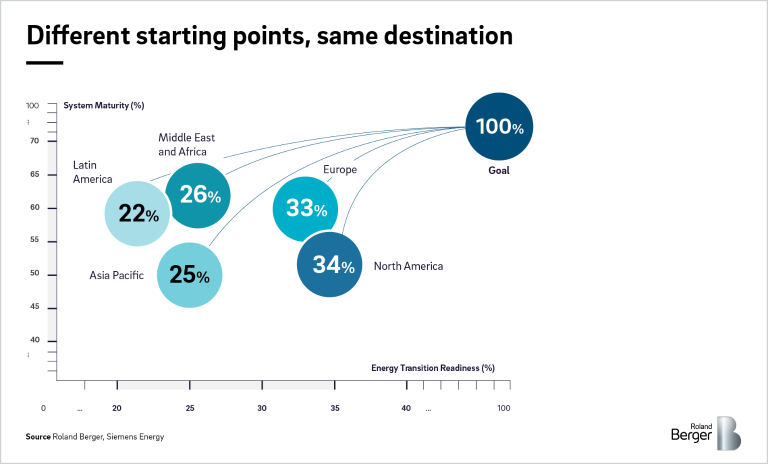
"A key dimension to tackling the trilemma is speed in collaboration. But rather than coordinated pan-global efforts, a more effective approach would likely be cooperation between like-minded countries on a global level."
Energy Transition Readiness Index
Participants in the Energy Weeks, Talks and Conferences were asked for their expert opinion on the respective importance of each of the energy priorities, from "driving exit strategies for coal" to ensuring a "just energy transition", and how far they thought their region had progressed to date. The final overall perceived readiness scores and key regional priorities as regards the energy transition towards net zero were as follows:
North America – 34%
North America has made the most progress of any global region in terms of power generation. But things remain at an early stage in areas such as emission markets and sector coupling. Overall progress is slow and must be sped up, so that the region can act as a role model for the rest of the world.
Europe – 33%
Europe is doing well on renewable energy generation. However, the situation with regards to exiting from coal varies greatly from country to country. A mix of energy solutions is needed, especially given Russia's ongoing war in Ukraine.
Middle East and Africa – 26%
Progress is good on renewables. The region enjoys good access to low-cost renewable energy and could become a producer of sustainable green energy/hydrogen, if the required capital investment can be secured.
Asia Pacific – 25%
Perceived progress on energy priorities is relatively slow. Renewables and the phase-out of coal are doing well, but major blind spots remain in areas such as power-to-X and carbon capture and storage (CCS).
Latin America – 22%
Latin America has made the least perceived progress on energy priorities. The expansion of renewable energy is seen as the most mature area, partly due to the region's abundant sources of renewable energy. The aim now should be to reduce emissions in the medium and long term, while at the same time ensuring economic growth and improvements in welfare.
The Energy Transition Readiness Index is calculated based on survey results of the participants. Participants were asked to give their expert opinion on the progress made for each of 11 energy priorities (see appendix of the report). The Index aggregates their answers by combining progress on each priority (“readiness”) with an assessment of its importance (“system maturity,” as measured by the average importance of all priorities, with a higher average pointing to a more systemic approach to energy transition). The Index describes the perceived readiness on a scale of 0 to 100% of the energy transition towards net zero in each of the regions.
Key priorities
The energy experts above all stress that there is no time to be wasted. Action is needed on climate change, and a shift in mindsets is essential. The priorities for different regions differ, as do the opportunities. Some regions have made relatively good progress, while others lag behind in key areas. But no region can truly go it alone. A more effective approach would be for like-minded countries to form clusters, working together to set a course that other regions could then follow.
However, we can not wait for COP28 - we need to act now. The Global Energy Transition Readiness Report highlights the fact that we need to work shoulder-to-shoulder to ensure progress in the following five areas:
#1 Expand renewables
Regions around the globe must rapidly expand the share of renewables in their energy mix – as much as tenfold by 2050 in some areas. This can only be done by removing regulatory hurdles and ensuring access to massive quantities of materials.
#2 Improve energy efficiency
The primary goal around the globe should be to conserve as much energy as possible. This involves stepping up the electrification of industrial processes and transportation, two areas where innovation is vital.
#3 Strengthen the electrical grid
More robust grids are needed to cope with an increased share of renewables in the energy mix and greater electrification. Developing regions, such as parts of Africa, face particular challenges here.
#4 Exploit existing infrastructure
Global regions need to use existing infrastructure based on conventional technologies in their journey to decarbonization. This will ensure a balance between security of supply and sustainability.
#5 Manage the supply chain
Supply chains require careful management, as enormous amounts of materials are necessary for decarbonization: As the share of renewables grows, so does the amount of the minerals required to increase power generation capacity, for example.
Click here to download the report.


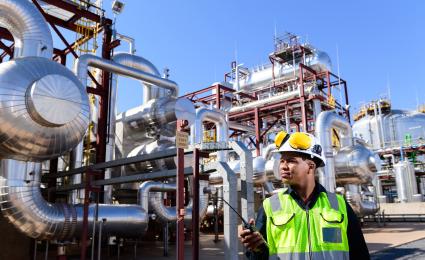
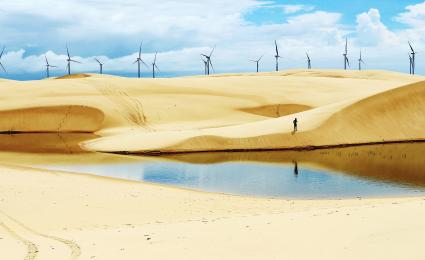

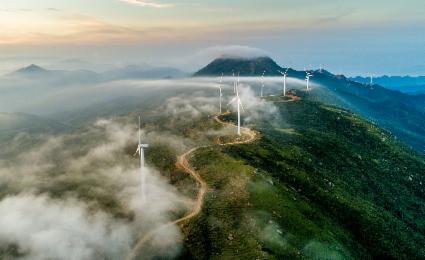
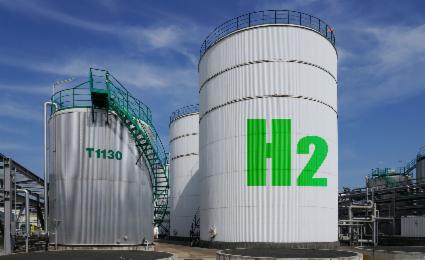

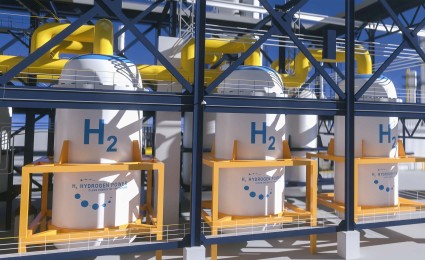

_person_144.png?v=770441)